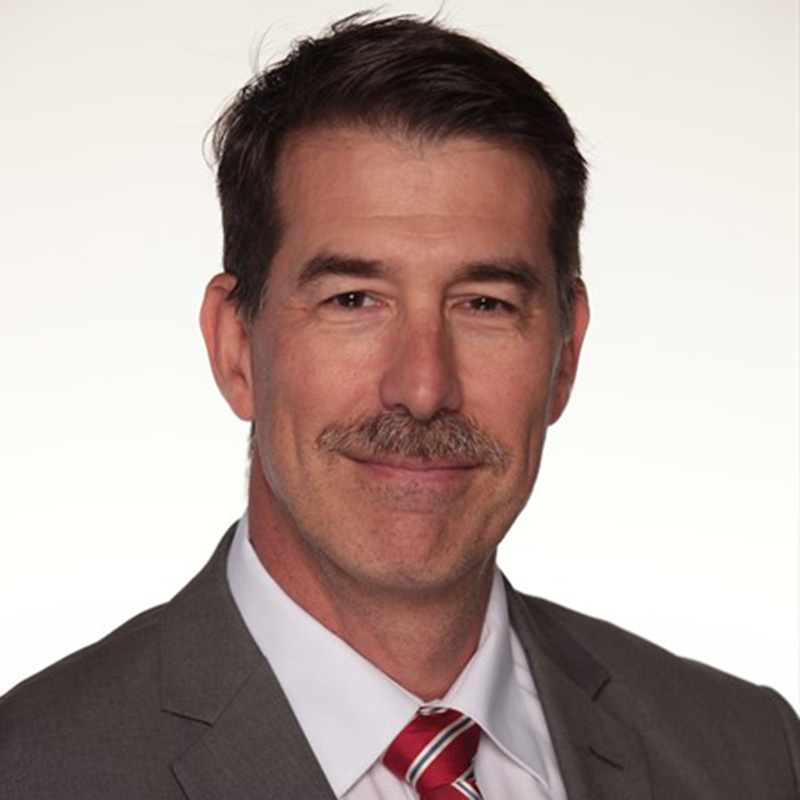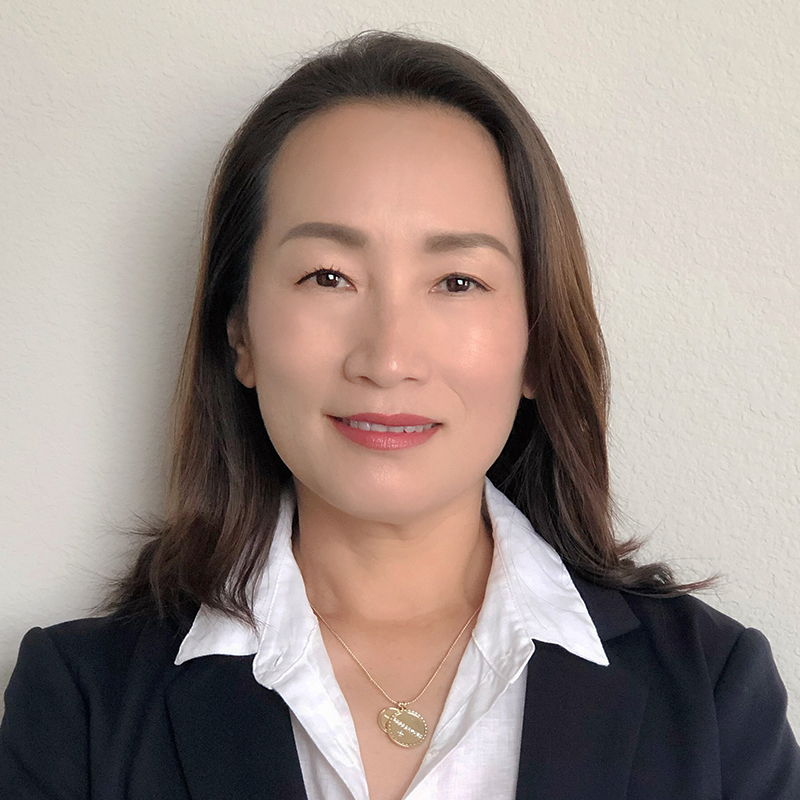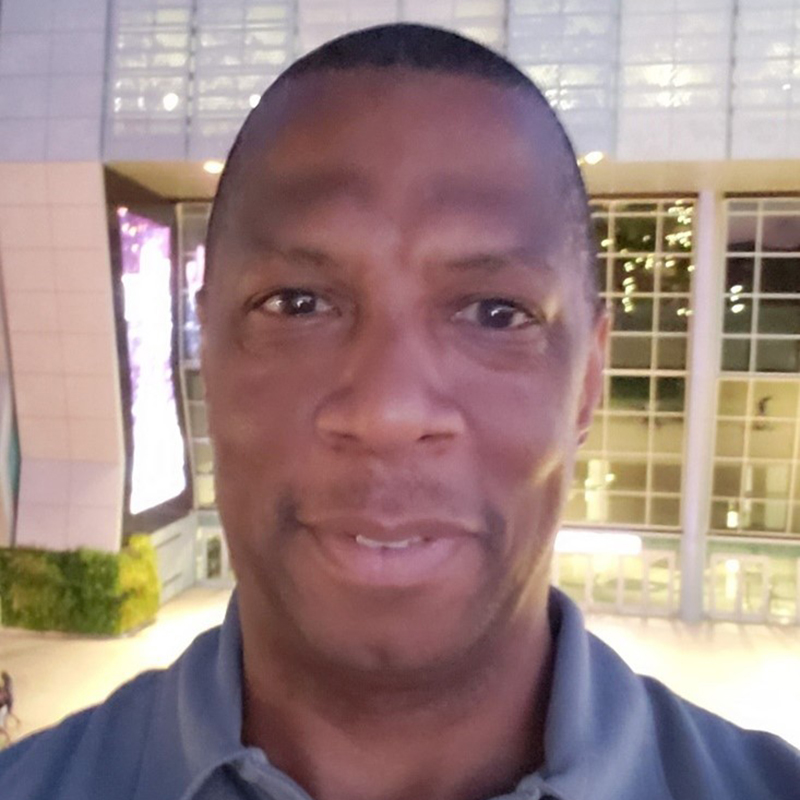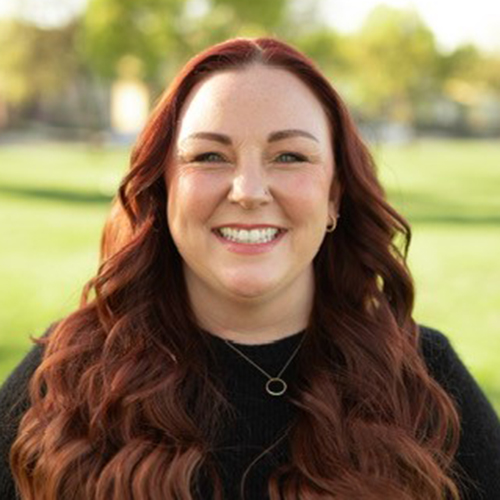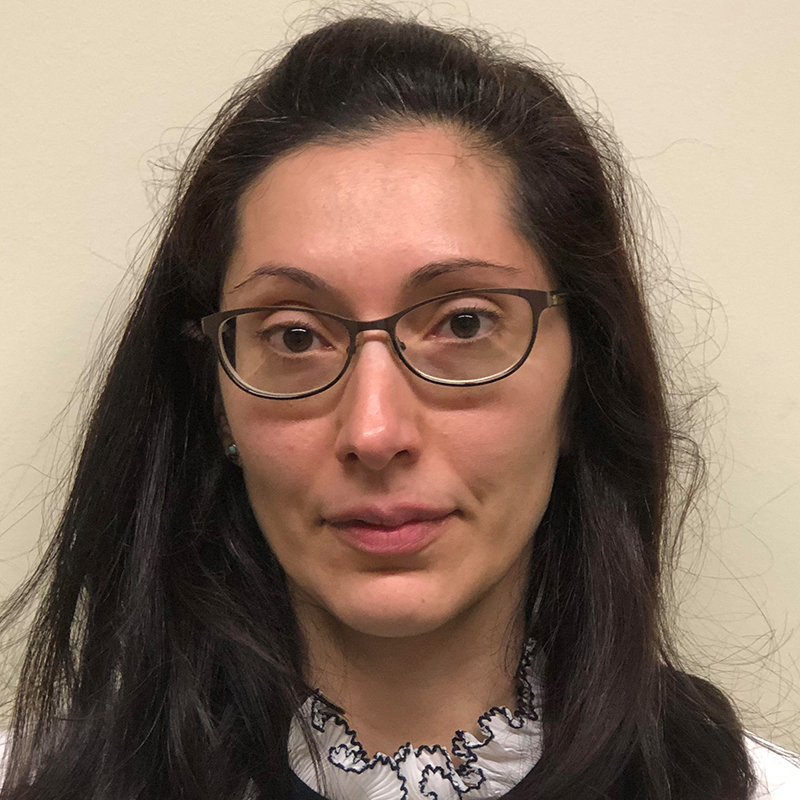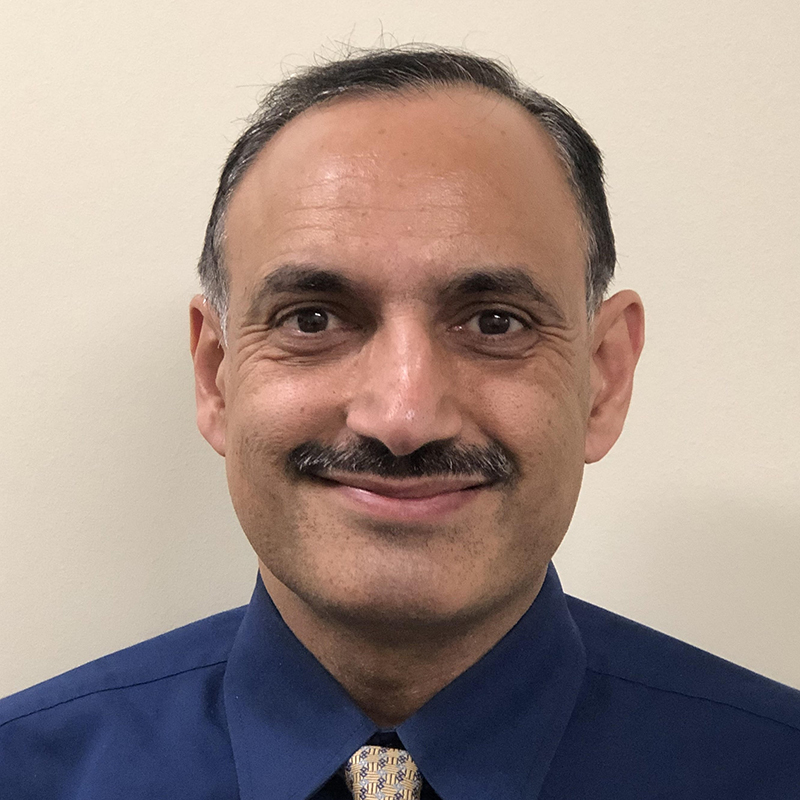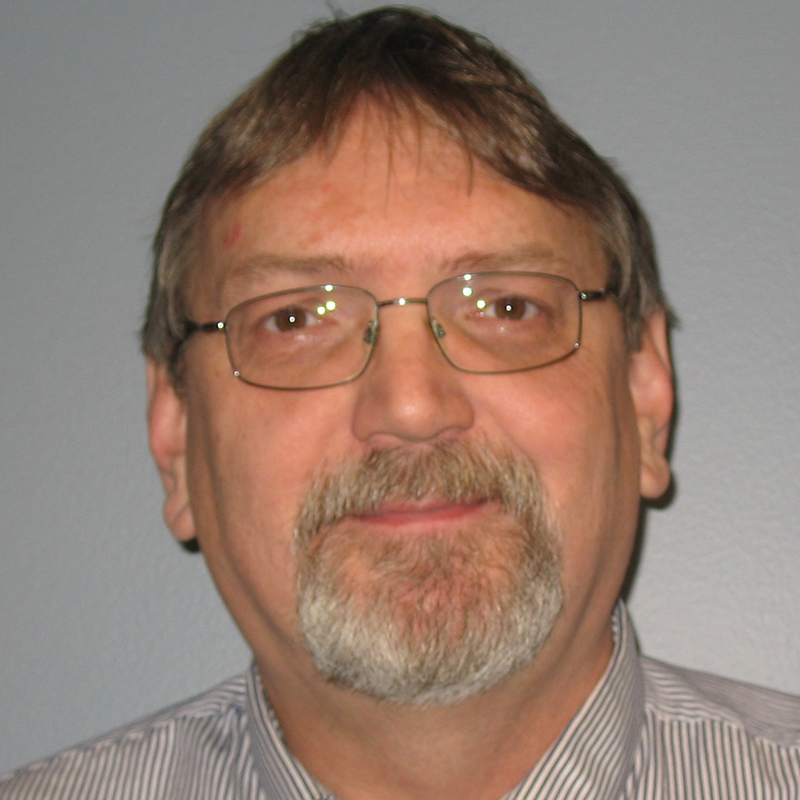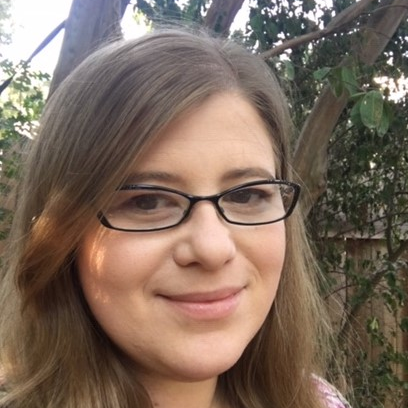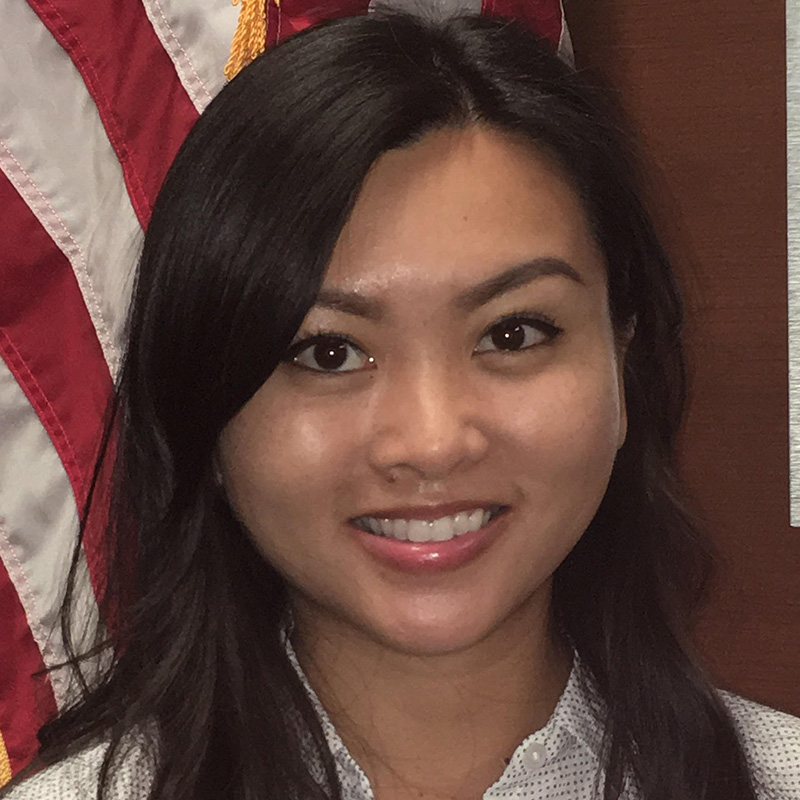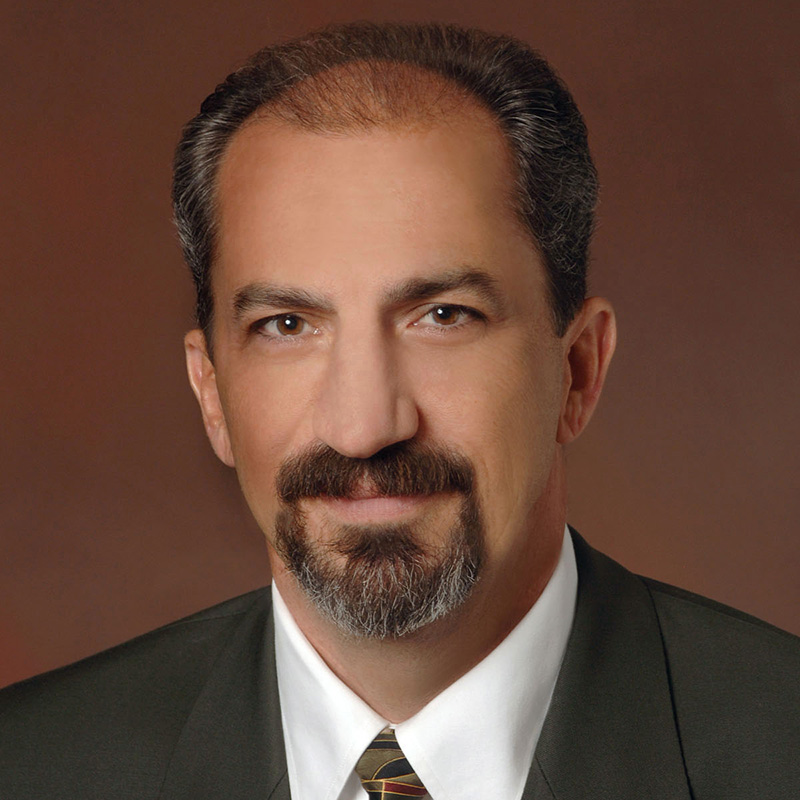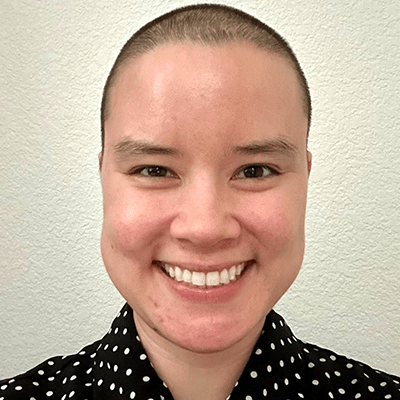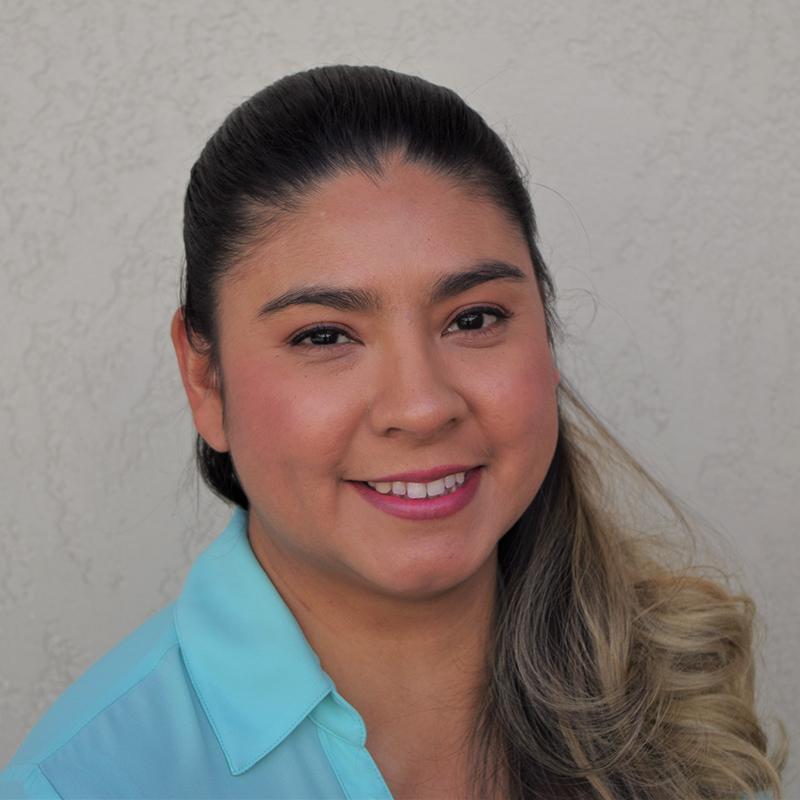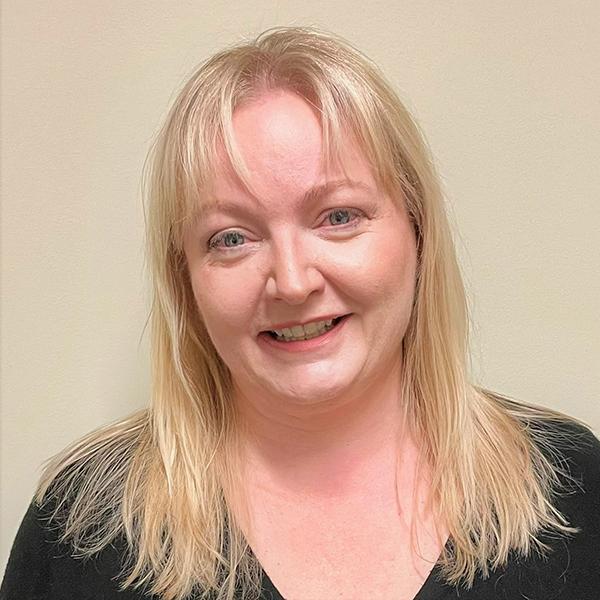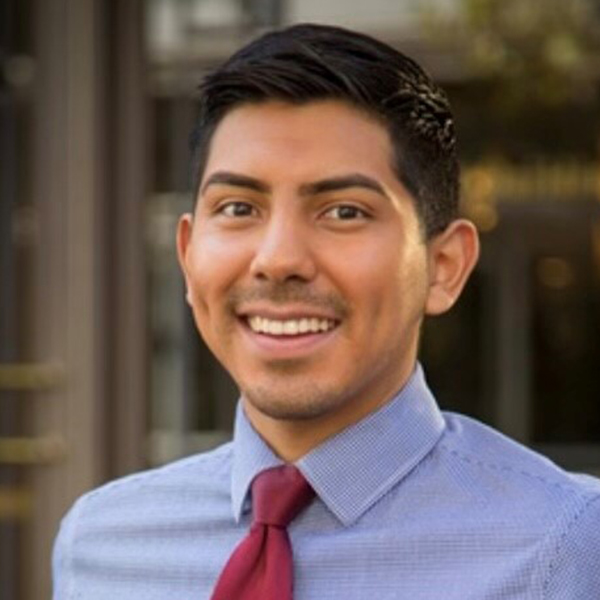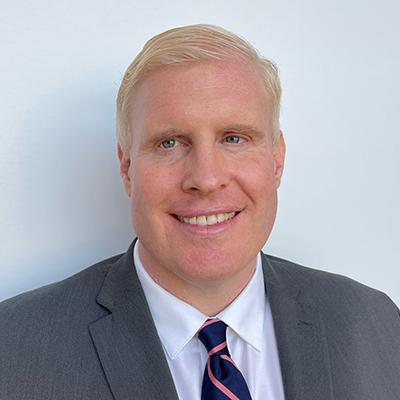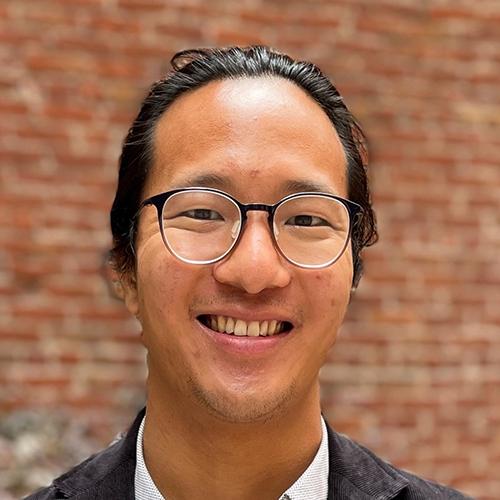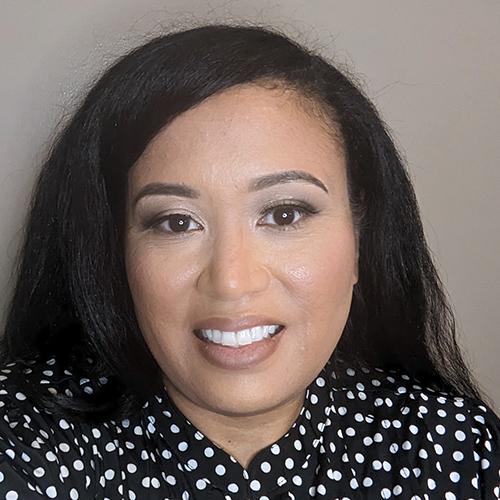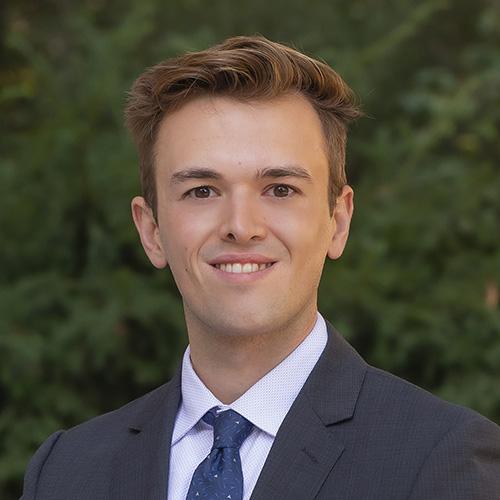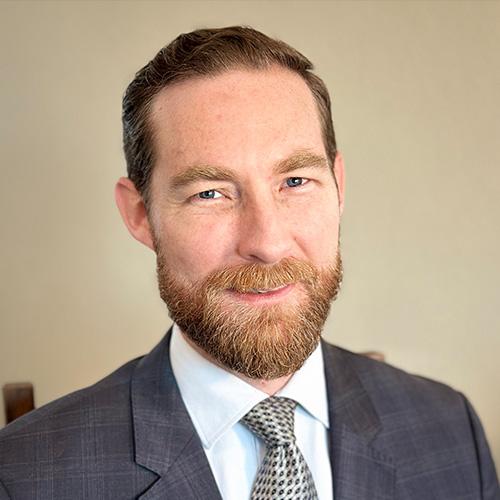

Honoring American Heroes
On this day in 1863, a few weeks after the Emancipation Proclamation, the Secretary of War provided authorization to form the first black military regiments of the Civil War, creating the 54th Massachusetts. Comprised of 1,100 enlisted black infantrymen, they would go on to fight valiantly in numerous key engagements, including the famous Second Battle of Fort Wagner, where 40% of the unit was killed, missing or wounded. A Sergeant in this unit would later earn a Congressional Medal of Honor for bravery during this campaign, the earliest action for which the medal was ever awarded to an African American. The 54th Massachusetts and this battle would later be depicted in the Oscar winning film, Glory, starring Denzel Washington and Morgan Freeman.
From fighting in the American Revolution, to a significant role fighting in every American war to this day, African American soldiers have been a vital force in defending this nation throughout our history. One who passed away recently from COVID, was emblematic of the honor, service and sacrifice demonstrated by black representatives of our military. Born in Harlem to Jamaican immigrants, he was a highly decorated soldier for 35 years who reached the rank of four-star general and Chairman of the Joint Chiefs of Staff, and later served as the nation’s first African-American Secretary of State. We say goodbye to Colin Powell, a true American hero in every respect. We honor him by continuing to seek racial justice in the manner in which we operate, and by providing opportunities to disadvantaged communities that we serve – key principles that define his legacy.
The weekend before last, I awoke to a tsunami warning. I was on the coast and watched the tide progressively reach higher and higher onto the shore. The tsunami’s cause, a massive underwater volcanic eruption was vividly captured on video, and its consequence was that much of nearby Tonga was devastated. A beautiful country where I once visited the Royal Palace, Tonga is comprised of a spectacular chain of 169 islands. While tidal waves that reached 50 feet wiped out villages on smaller nearby islands, we were fortunate that its full force did not reach our shores. Nevertheless, the tsunami was felt along our coast and significant damage occurred at Santa Cruz Harbor.
It was on this day in the year 1700, that the Pacific Ocean’s Cascadia earthquake, possibly as high as 9.2 on the richter scale and considered one of history’s “great earthquakes”, created another tsunami, one that wiped out much of coastal Northern California and the Pacific Northwest. The scientific records of the time were sparse, but evaluations of tree rings, sediment samples, archeological evidence of flooded and abandoned villages, reports from Japan and the oral history of Native Americans all validate the event and its destruction.
We continue to be reminded that the planet comprises a complex ecosystem of physical forces that create staggering events in its perpetual evolution, both on its own accord and increasingly influenced by human activities. As we speak, a confounding wildfire burns uncontained in Big Sur, following a record-breaking rain received in December. Just as we’ve learned to adapt our building codes to better survive earthquakes and deployed early warning technology to detect tsunami’s, we will discuss an initiative today to help us better mitigate, prepare for and survive more resiliently the alarming increase in wildfires.







